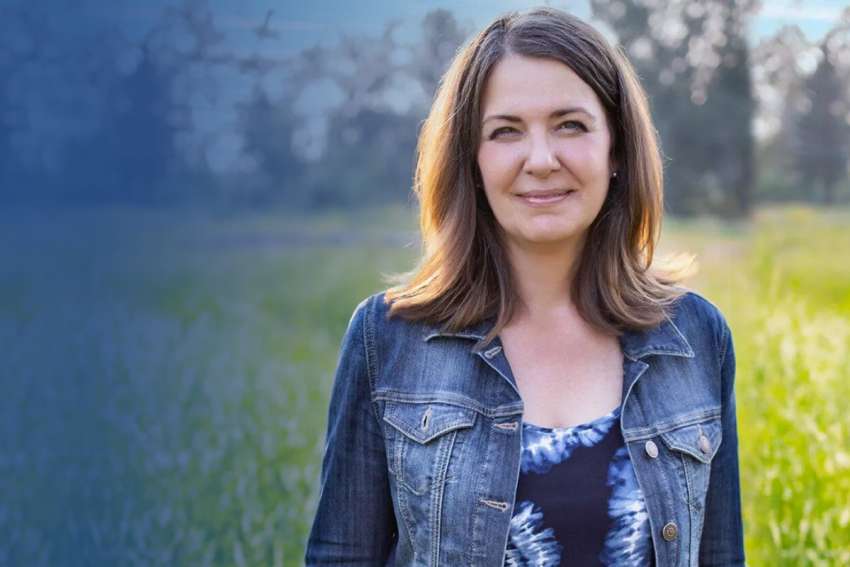Alberta Premier Danielle Smith’s has made a bold proposal to restructure provincial health care by transferring control of some hospitals from Alberta Health Services (AHS) to other operators like the Catholic provider Covenant Health.
To some, such a plan, while challenging, could see benefits in a one-payer system that has increasingly — nationwide — come under fire for being bureaucracy heavy and not investing enough in day-to-day care for Canadians.
Echoing sentiments expressed by Smith at a United Conservative Party town hall in Drayton Valley last month, Nicole Scheidl, executive director of Canadian Physicians for Life, said enhancing competition between health-care providers should substantially raise the standard of care.
“The more health-care pluralism we can foster within our publicly-funded system, the more options will exist for patients and families,” said Scheidl. “If one provider is outperforming another in terms of meeting patient needs, then this deserves to be rewarded by the province.”
Smith said this plan introduces fear as a motivator to shake up the status quo.
“The other is the fear of having it taken away,” said Smith. “That is going to be a very powerful competitive incentive for the managers to say, ‘Oh my goodness, if we continue to deliver terrible care in Drayton Valley, then somebody else is going to be chosen for the operator.’ ”
Though Minister of Health Adriana LaGrange suggested to Corus Radio in Calgary on Sept. 3 that “there is nothing hard and fast” regarding the transfer plan, authority over the replacement maternity and community health centre coming to the hamlet of La Crete was handed to Covenant Health as of April 3, 2022. AHS runs the existing centre.
A spokesperson told The Register that “Covenant Health is excited to establish new partnerships in La Crete and area to serve residents from birth to end of life with compassion, upholding the sacredness of life in all stages and caring for the whole person — body, mind and soul.”
"Covenant Health is committed to collaborating with government and our partners, including Alberta Health Services and Recovery Alberta, to navigate the refocusing of Alberta’s health system together.”
Smith told the town hall attendees any changes will be put into effect slowly as her government first intends to campaign to get the “authority from Albertans to go forward and make these changes.”
Alberta Medical Association president Dr. Paul Parks rejected the premise that a revamped health-care system that fosters competition will lead to better outcomes.
“In a single-payer health-care system, competition is not useful. It’s not a positive driver. You need these authorities to cooperate, and you don’t want to set up a scenario where, for example, in the Edmonton Zone, Covenant Health and AHS are competing for the same workforce.”
Parks also expressed concern over faith-based providers like Covenant Health being granted more facilities — it currently operates 17 in 12 communities — because of its stances on abortion and euthanasia.
Scheidl has a different take on this. With extra funding and influence might come the pressure to “engage in dehumanizing practices, like abortion and euthanasia, that fall outside the proper scope of medicine,” suggested Scheidl. Another challenge will be remaining true to the Catholic spirit of health care.
“Doing so requires a continual return to the example of Jesus and to dedicated Christians throughout history who, motivated by love, decided to heal and care for the sick,” said Scheidl. “The radicality of caring for people in extreme vulnerability demands a special capacity forged by love.”
Smith is also changing health-care delivery in Alberta by creating four separate agencies to manage primary care, acute care, continuing care and mental health and addiction support.
According to the Government of Alberta website, 65 in-person public engagement sessions, four Indigenous information-gathering meetings and two French language input forums are scheduled from January to June for Albertans to weigh in on the reforms.


